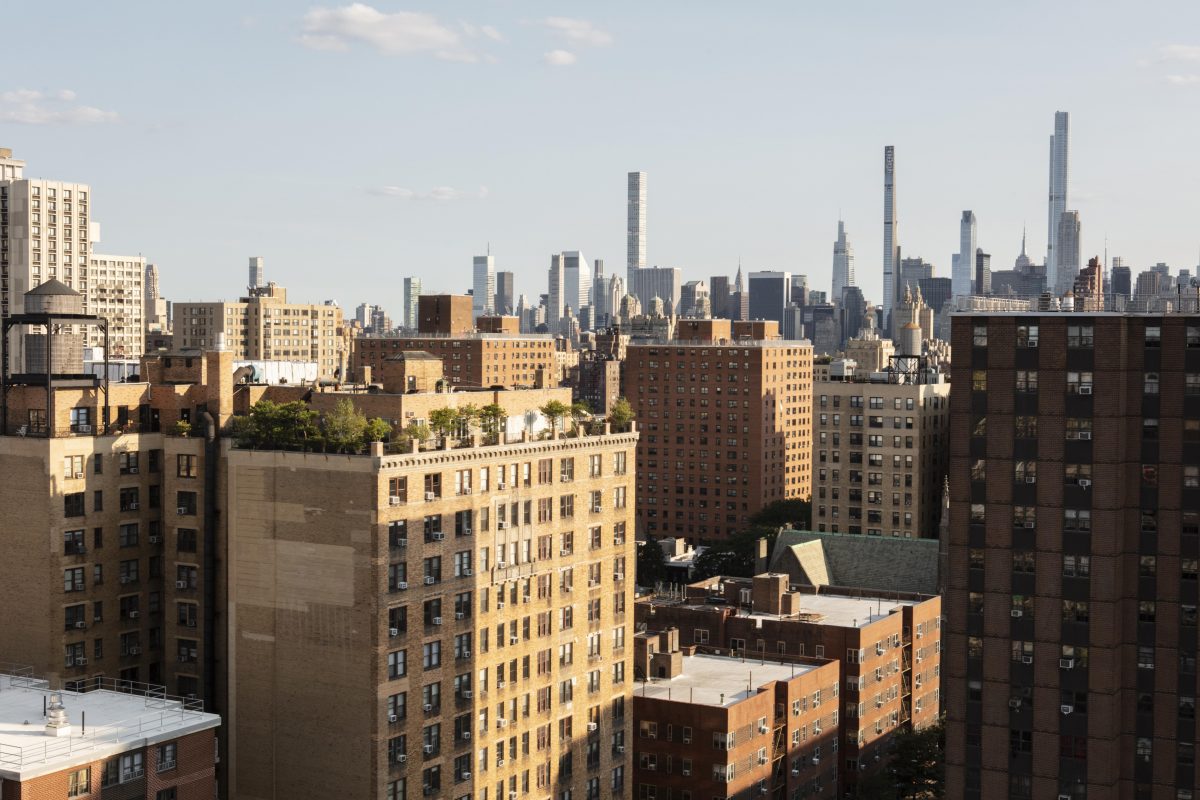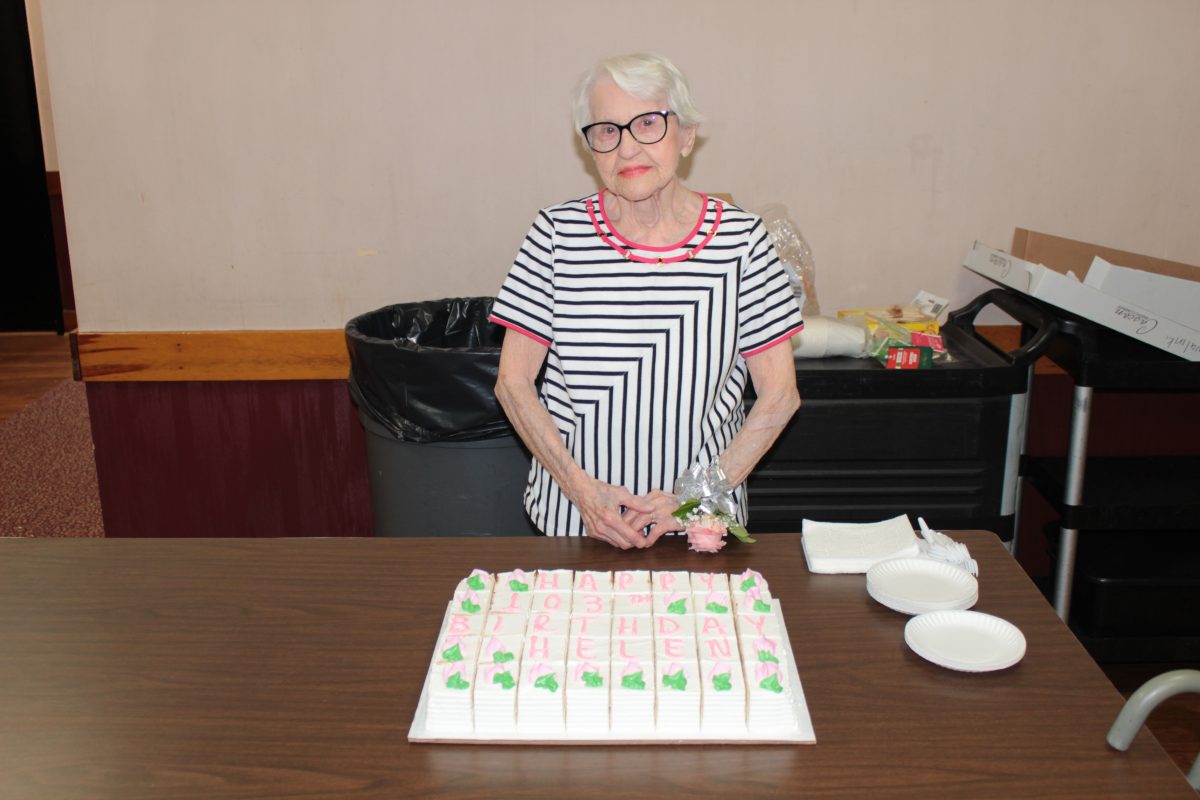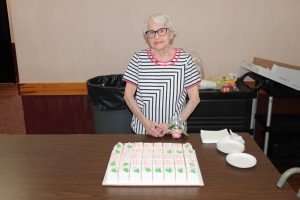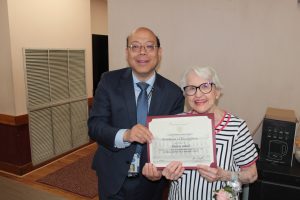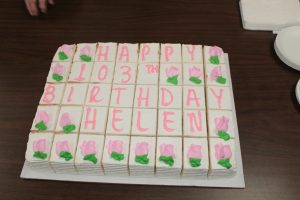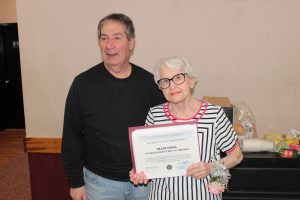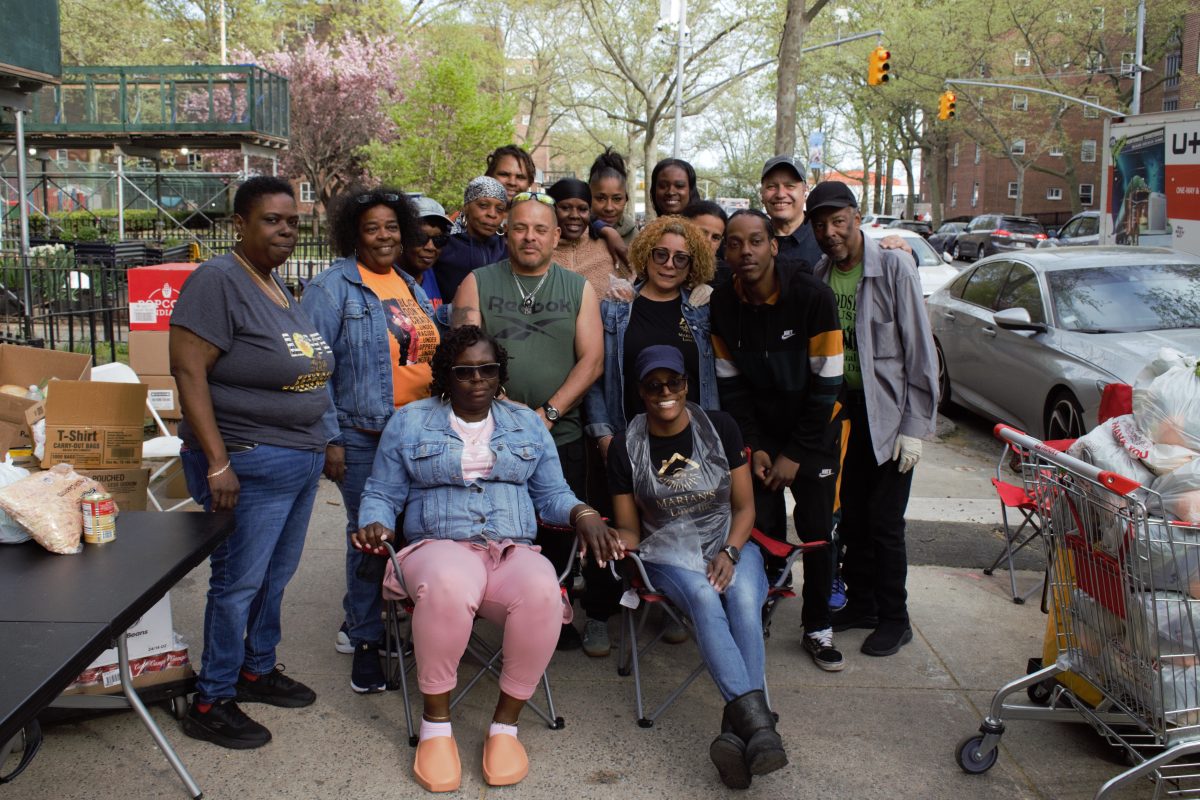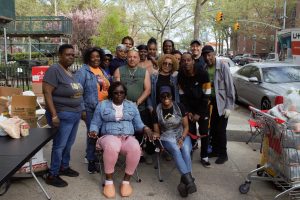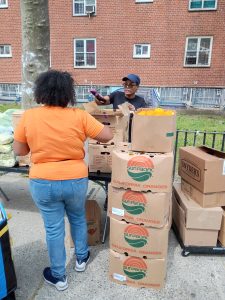Tax Lien Sale Puts Brooklyn and Queens Homes on the Line

Courtesy Freepik
By MOHAMED FARGHALY
mfarghaly@queensledger.com
With less than three weeks until New York City’s first tax lien sale since the
pandemic, thousands of homeowners—particularly in Brooklyn and Queens—face
potential displacement from properties where many have lived for generations.
On May 20, the city will auction off the liens on properties with outstanding debts
for taxes, water bills, or emergency repairs. The move could set thousands of
working- and middle-class homeowners on a fast track to foreclosure. Notices were
mailed two weeks ago to property owners included in the sale, triggering a 30-day
countdown that housing advocates warn is especially dangerous for low- and
moderate-income (LMI) New Yorkers and communities of color.
In response, the Center for NYC Neighborhoods (CNYCN), a city-funded nonprofit,
has launched a full-scale outreach campaign to connect at-risk homeowners with
resources that may help them avoid the sale.
“This is basically the way that New York City collects debt on delinquent… property
taxes, water debt, or HPD emergency repair liens,” said Kevin Wolfe, Director of
Outreach and Public Affairs at CNYCN. “What basically happens is… those who are on
the tax lien sale must be notified… We are less than 20 days away from the lien sale,
basically. And we are… at the final stretch, trying to make sure that the homeowners
who are on the lien sale are able to get off.”
The sale, which had been suspended since 2020 due to the COVID-19 pandemic and
executive intervention by state officials, has returned in full for the first time in four
years. Advocates like Wolfe say its structure unfairly burdens small homeowners.
“Homeowners make up a disproportionate amount of those that are on the lien
sale,” Wolfe said, pointing to city data showing that while they represent 18% of the
total debt, their properties comprise about 42% of those included in the sale.
Homeowners with even modest debts—many under $5,000—can lose their homes if the lien is sold and they are unable to resolve it. “Once it’s at that stage, then you
have a lot fewer options and a lot fewer rights,” Wolfe warned.
The burden also falls disproportionately on Black and Latino communities. “Black
homeowners are six times more likely to be on the lien sale than white
homeowners. Hispanic, Latino homeowners are twice as likely,” Wolfe said. “Those
same neighborhoods that were redlined are the same neighborhoods that have the
highest concentrations of liens in 2024.”
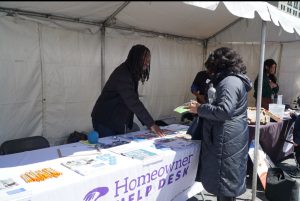
Courtesy CNYCN
In response, CNYCN has organized nearly 50 outreach events across the five
boroughs, particularly targeting Southeast Queens and central Brooklyn—two areas
with the highest concentrations of at-risk homeowners. These events offer on-the-
spot help from legal, housing, and financial counselors, and are free to homeowners
through funding from the New York City Council.
The organization is urging anyone who received a 30-day notice to act immediately.
“Even if you’re reading this article the day before the lien sale, call us,” Wolfe said.
“We basically say it’s not too late. I know that it’s a scary situation. A lot of people
don’t even want to open the mail… but we will do our utmost to provide assistance
and get you off the lien sale.”
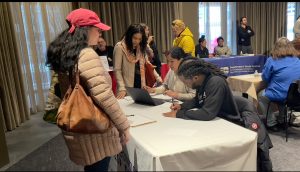
One critical option is the city’s “Easy Exit” program, which can remove eligible
homeowners from the lien sale list for a year while they work to resolve their debt.
“Most people do qualify—if your household income is about $107,000 or less, you
can be pulled off the lien sale,” Wolfe explained.
Other options include payment plans with reduced interest rates, property tax
deferral through the Property Tax and Interest Deferral (PTAID) program, and
permanent exemptions for seniors or people with disabilities.
CNYCN is also warning homeowners to be vigilant against scammers. Because the
lien sale list is public and includes contact information and debt amounts, it’s
become a gold mine for predatory actors. “They’ll offer to buy your air rights, or say
‘we’ll help you get this resolved,’ and then just take their money… It turns out that
they’re signing over their deed,” Wolfe said, noting that central Brooklyn—one of
the hardest-hit areas—is also a hotspot for deed theft.
For assistance, CNYCN encourages homeowners to call its Homeowner Hub at 646-
786-0888, available Monday through Friday from 9 a.m. to 5 p.m., or dial 311 and
request help with a tax lien. More information is also available on the group’s
website, including a tax lien tracker that visualizes the sale’s disproportionate
impact across the city.

